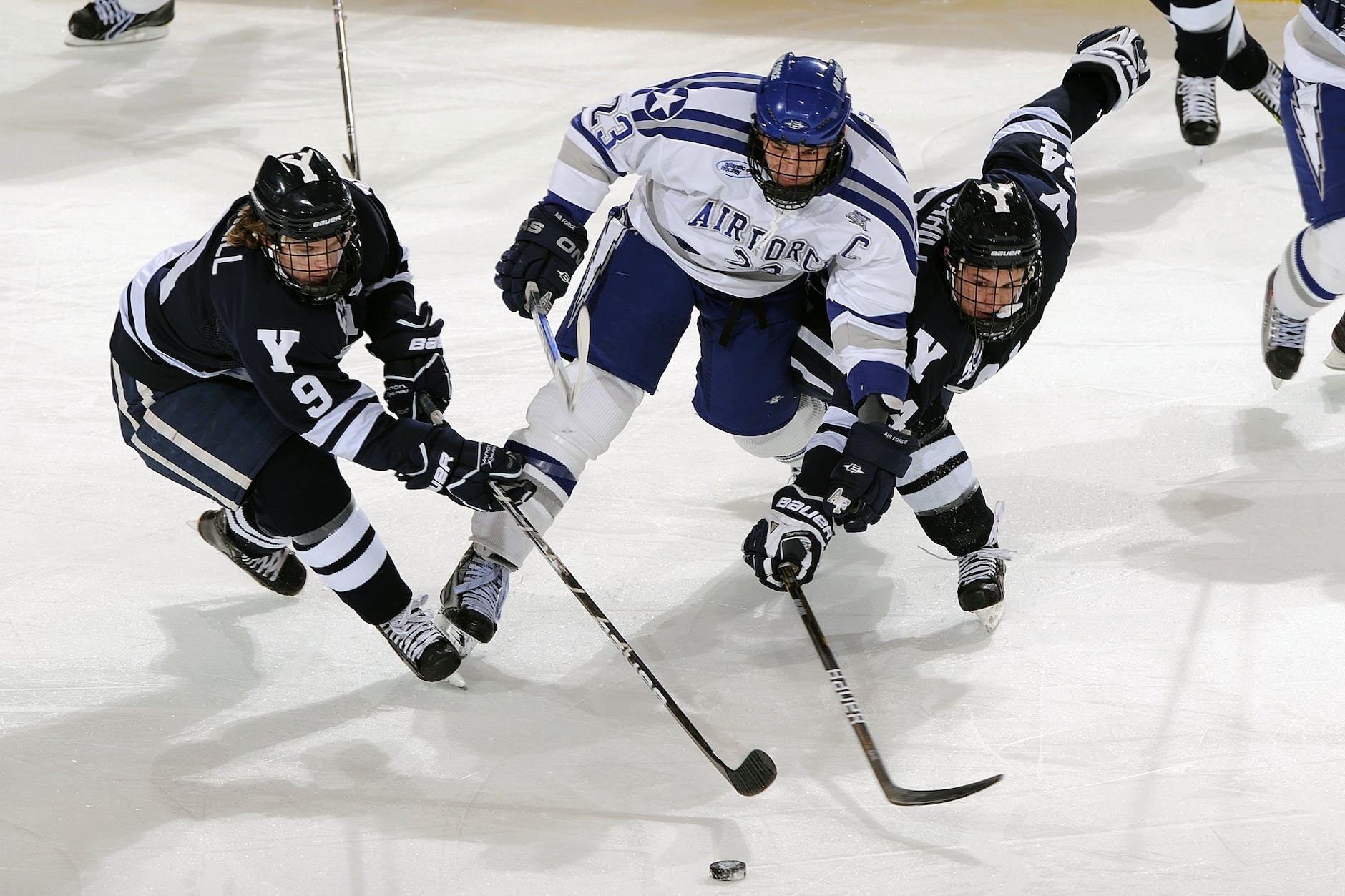Your cart is currently empty!
The recent study on NHL enforcers has underlined the significance of good stick handling skills for defensemen. These skills help defensemen maintain better control over the puck, protect their teammates, and reduce the risk of being penalized for aggressive play. By honing stick handling abilities, defensemen can contribute more effectively to their team’s overall performance.
Dryland practice, which involves training with the same hockey stick as used on ice, is highly beneficial for players, including defensemen. Practicing off the ice allows players to build muscle memory and coordination, leading to improved on-ice performance. Dryland training also offers an opportunity to work on specific stick handling techniques, helping players become more adaptable during games.
One essential aspect of dryland practice is using the same hockey stick as on ice, as it ensures consistency in grip, weight, and balance. By using the same equipment in both settings, players can seamlessly transition their skills from practice to gameplay situations.
Stick defender blade guards are valuable tools for maintaining the longevity and performance of hockey sticks. These guards protect the blade from wear and tear, ensuring that players can rely on their sticks to deliver consistent performance throughout a season. Additionally, well-maintained hockey sticks contribute to enhanced stick handling and control during games.
In light of these findings, coaches and players are encouraged to focus on developing stick handling skills for defensemen, incorporating dryland practice into training routines, and investing in stick defender blade guards. By doing so, teams can improve their overall performance, reduce the risk of penalties, and extend the lifespan of their hockey equipment.

Leave a Reply